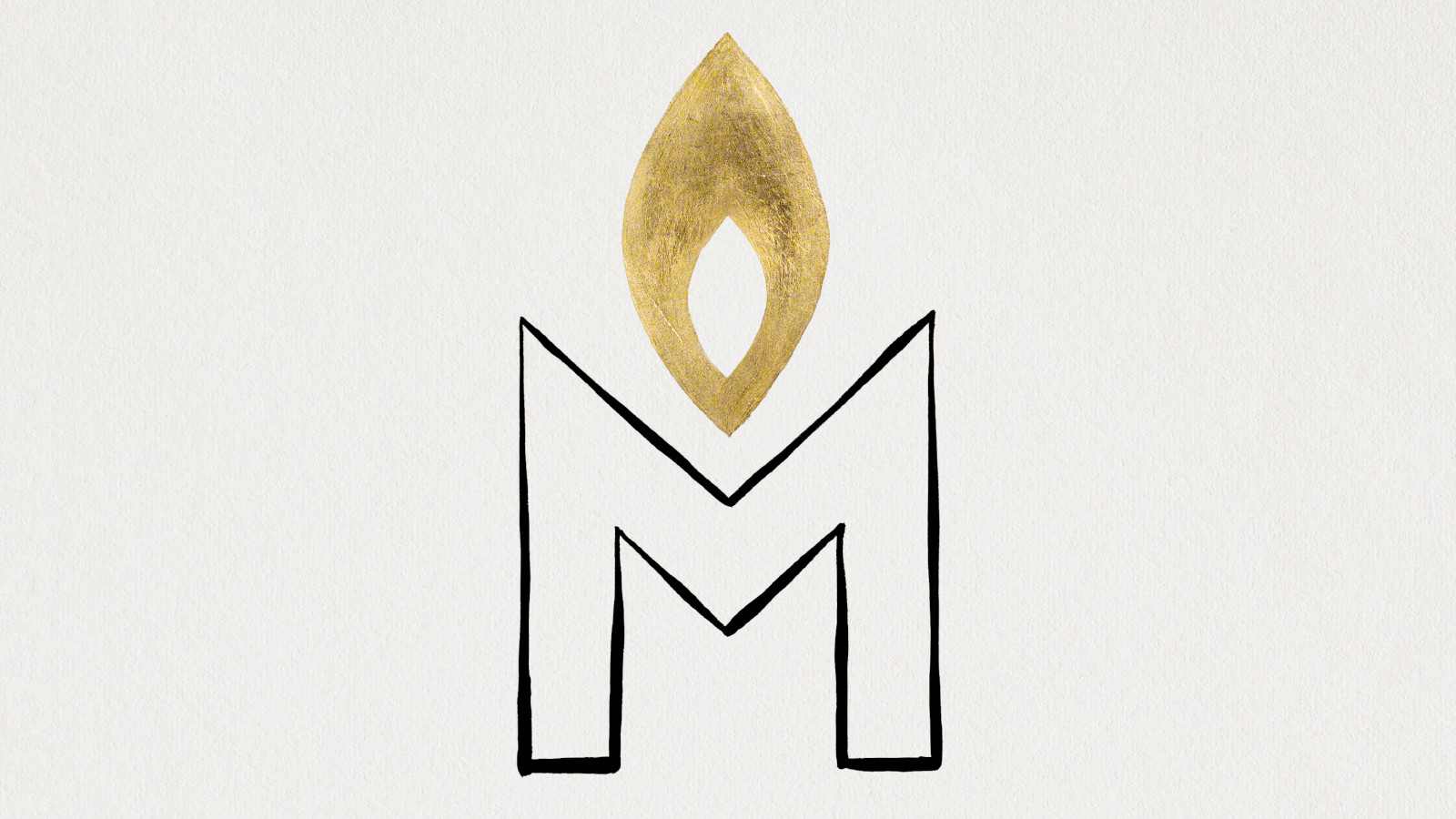
© III. Niklas Elmehed / Nobel Prize Outreach
“Accepting the Prize is Not Easy”
The Significance of the Nobel Peace Prize for the Russian Human Rights Organization Memorial
[FSO]: Research Centre for East European Studies
**On December 10, 2022, Belarusian, Russian, and Ukrainian civil society will be awarded the Nobel Peace Prize. According to the Nobel Committee’s reasoning, Belarusian human rights activist Ales Bjalyazki, the Ukrainian Centre for Civil Liberties, and the Russian human rights organization Memorial proved how important civil society is for peace and democracy. Memorial has in fact been rigorously criticized in Russia for years. A small group of Memorial members have, however, found shelter at the Research Centre for East European Studies (FSO) at the University of Bremen. up2date. spoke with archivist and historian Dr. Nikita Lomakin about receiving the Nobel Peace Prize in wartime.
“It feels strange to be awarded the Nobel Peace Prize as an organization while your country is fighting an aggressive war,” says historian Dr. Nikita Lomakin, describing his mixed feelings. He has been in Bremen since May. Prior to that, he managed the Memorials digitization program as an archivist. When Lomakin learned about the prize, he had no idea what to think of it. “Memorial’s aim is to investigate the crimes of the Soviet Union so that something like this does not happen again. It’s great to work for an organization that receives this important award, but at the same time it’s not easy to accept the award.”
Preparations for “Day X”
Lomakin sees the Nobel Prize as an incentive rather than an award. He believes that the decision to award the prize equally to three civil society organisations in Belarus, Russia, and Ukraine is a prudent one. A strong civil society network is the basis for “Day X,” on which the war ends, and joint construction begins.
However, he feels that the Nobel Prize is more of a hindrance for Memorial’s work in Russia. “Many people in Russia are critical of the Nobel Peace Prize.” Most are indifferent or dismissive of past well-known laureates such as the physicist and dissident Andrei Sakharov (1975) – the founder of Memorial – and the politician and former head of state of the Soviet Union Mikhail Gorbachev (1990). “The prize could lead to even greater exposure to attacks on Memorial members.” Since 2016, Memorial has been considered a “foreign agent” in Russia. At the end of 2021, a Russian court ordered the dissolution of the umbrella organization Memorial International. On October 7, Vladimir Putin’s birthday and the day on which the Nobel laureates were announced, Russian authorities seized the organization’s premises in Moscow. In Dr. Lomakin’s eyes, the dissolution of the NGO was part of Putin’s preparations for war. “In doing so, he silenced the voice of an important protagonist of potential protests.”
No Cancel Culture
What can the West do now to support the civil rights organization? “They need to give scientists who have fled Russia a perspective. It is very important that there is no cancel culture toward Russians.” Altogether, a small group from Memorial International Moscow, two members from St. Petersburg, and two from Memorial Perm have found shelter at the FSO, where they can continue their scientific and archival work for Memorial. This is made possible thanks to the Hans Koschnick special scholarships, the Federal Foundation for the Study of the Communist Dictatorship in Eastern Germany, and the US-Russia Foundation.
About Memorial
Memorial is an international human rights organization active in more than seven countries. It was founded in 1989 as a result of a broad civil movement at the end of the Soviet era during perestroika. The aim of this movement was to remember the victims of the communist regime. Today the organization focuses on the historical reappraisal of political tyranny, the observance of human rights and documentation of any related violations, and the social welfare of survivors of the Soviet labor camp system (GULag).